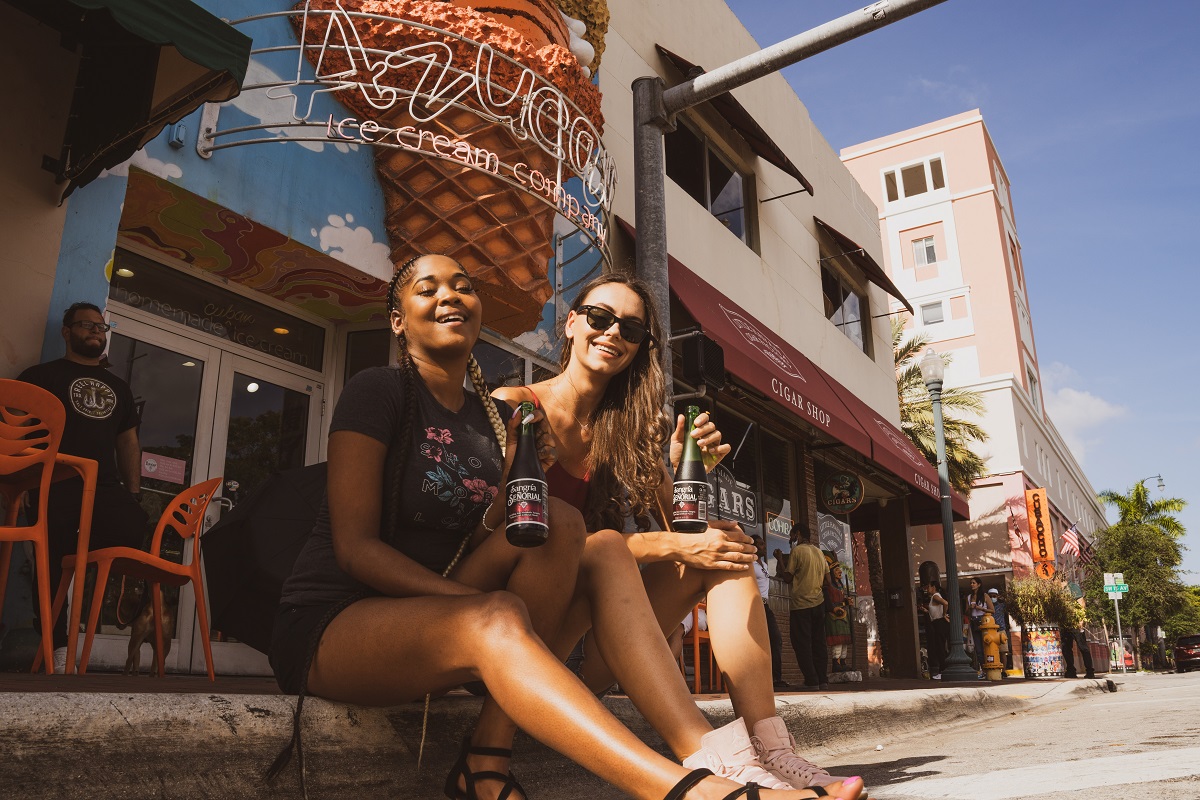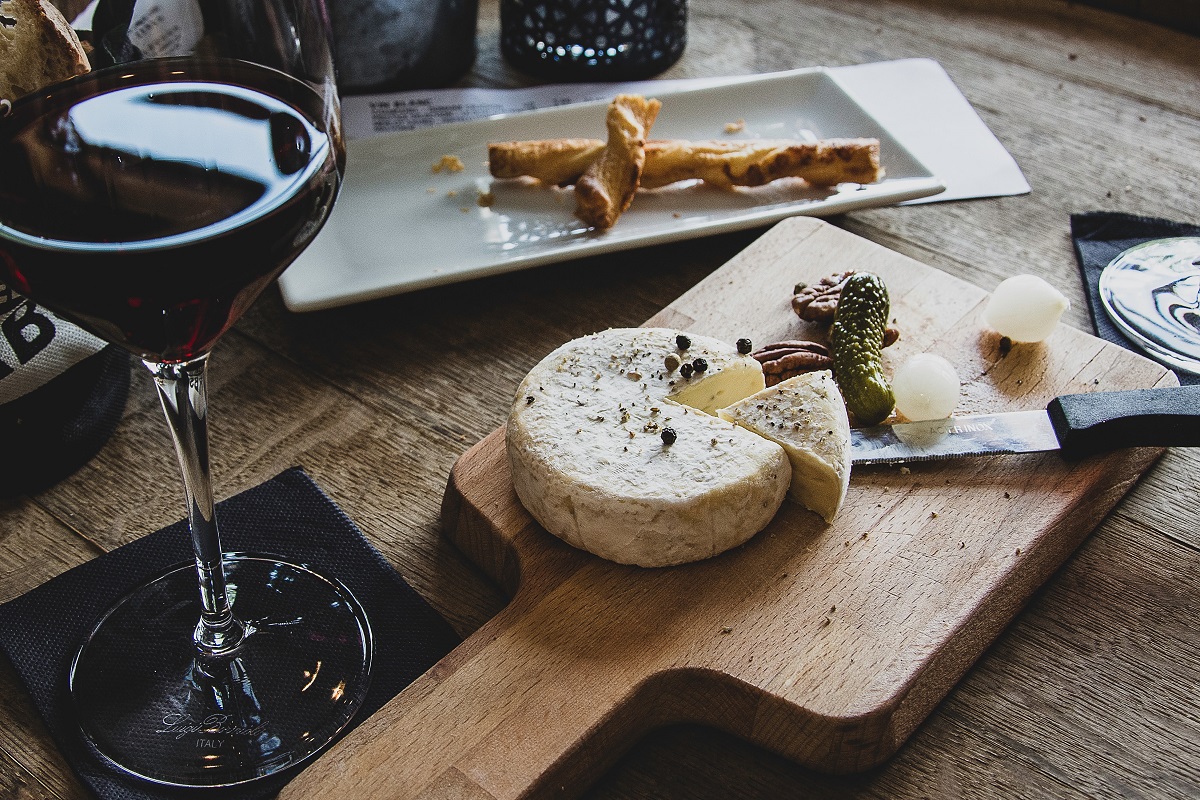Skift Take
Food experiences are a mainstay for travelers who want to tap into the vibe and culture of a destination — with one global food tours company intent on dominating the culinary space by buying smaller operators that can extend its brand presence.
Secret Food Tours, a global food tours company located in over 60 cities, is hedging its expansion and growth through niche acquisitions and partnerships.
Based in the United Kingdom, the company has just acquired two local food tour companies, Little Havana Tours in Miami and Seattle Bites Food Tours in Seattle. Partnerships with Celebrity Cruises and Marriott are also in the works. And they’re just getting started, according to co-founder Oliver Mernick-Levene.
Mernick-Levene and his partner Nico Jacquart founded Secret Food Tours in 2014 and expect revenues of $10 million in 2022 growing to $50 million by 2027.
Secret Food Tours believes it has set itself apart, with each tour built by its small development team who head into a destination to script the itinerary from the ground up to get “the right balance of culture, history and fun.”
“Each tour always include a secret location and dish,” added Mernick-Levene.
Authentic Food Experiences Top Priority for U.S. Travelers
Food as a niche approach to tours and activities isn’t a new concept. The World Food Travel Association estimates that 79 percent of travelers learn about a destination through food and drink.
While a recent GetYourGuide survey of U.S. travelers showed, travelers are willing (93 percent) to cut back on some aspects to save money on a trip. But less than a third are ready to cut back on experiences or activities (29 percent). There were no surprises in the survey results that showed food experiences as the top priority for authentic ways to experience a destination.
A snap look at similar independent food tour operators shows they have 10 or less tours per operator. Eating Europe as the name suggests, serves up niche tours to popular European cities, with just 10 city tour options. Similarly, Sidewalk Tours offers seven city-based itineraries, with most of them in key U.S. states.
With Secret Food Tours it’s about working with local places, the mom-and-pop spots and not just the top Michelin-rated establishments, said Mernick-Levene.
He added that the budget is also an important consideration in a recessionary environment amid rising food costs.
Secret Food Tours has handpicked its 250 guides and contractors, with attention to itinerary uniqueness, “earning it over 21,000 5-star reviews.”
He said they have a small team with an in-house advantage of their own tech to take care of business processes, from managing guides, payments, and customer reviews.
Shift in Business Model
With such an extensive footprint and a honed strategy for building its own tours, why the shift to buying up existing businesses?
Mernick-Levene said Secret Food Tours prides itself on brand recognition in being able to put destinations onto the map.
He referenced their tours to areas like London Bridge, “when it wasn’t a particularly nice place to go to”, and that ended up being featured on the Food Network after gaining recognition and traction through their offering.
With such a strong big-picture approach to brand identity, Secret Food Tours now seems to be applying it at a micro level.
Mernick-Levene said “Little Havana tours is very much beloved by the locals. It is also in a specific area of Miami with a significant Cuban background.”
Existing Secret Food Tours were always in South Beach, which did well, but “Little Havana is where it is at for the food culture.” he added.

Cultural Identity vs Cultural Appropriation
Christine Micheals, the founder of Little Havana, said Secret Food Tours, with the same approach and high standards as hers, “just seemed like the perfect fit.”
Michaels said she is most proud of starting her tours 14 years ago “out of nothing, when no one else was doing it” and that her main reason for joining the global brand was growth.
“They are leaders in food tours and it was a great way to expand and for them to enter this niche market.”
Michaels added that “their cultural sensitivity was super important.”
“To see guests’ faces light up in sharing our history and culture, both locals and worldwide, is a gift.”
Mernick-Levene said this approach showed the brand “wouldn’t just shoehorn its name into a location” either.
An Extension of the Secret Tours Brand
The company’s strength is in food, but the expansion to Secret Tours comes as Little Havana Tours’ Art Deco Walking Tours would also be incorporated.
“With Secret Food Tours, it’s one global family. And that’s what I love about it. We’re all interconnected, and what better way to bring people together than through food and culture,” said Michaels.
More acquisitions and global partnerships with “Celebrity Cruises and Marriot” are in the pipeline for Secret Tours. While these brands might not immediately spell deep cultural exploration, it will be interesting to see what secret experiences get added to the itinerary.
The Daily Newsletter
Our daily coverage of the global travel industry. Written by editors and analysts from across Skift’s brands.
Have a confidential tip for Skift? Get in touch
Tags: food tourism, getyourguide, online travel, tours and activities, Travel Experiences
Photo credit: The World Food Travel Association estimates that 79 percent of travelers learn about a destination through food and drink. Camille Brodard / Unsplash
